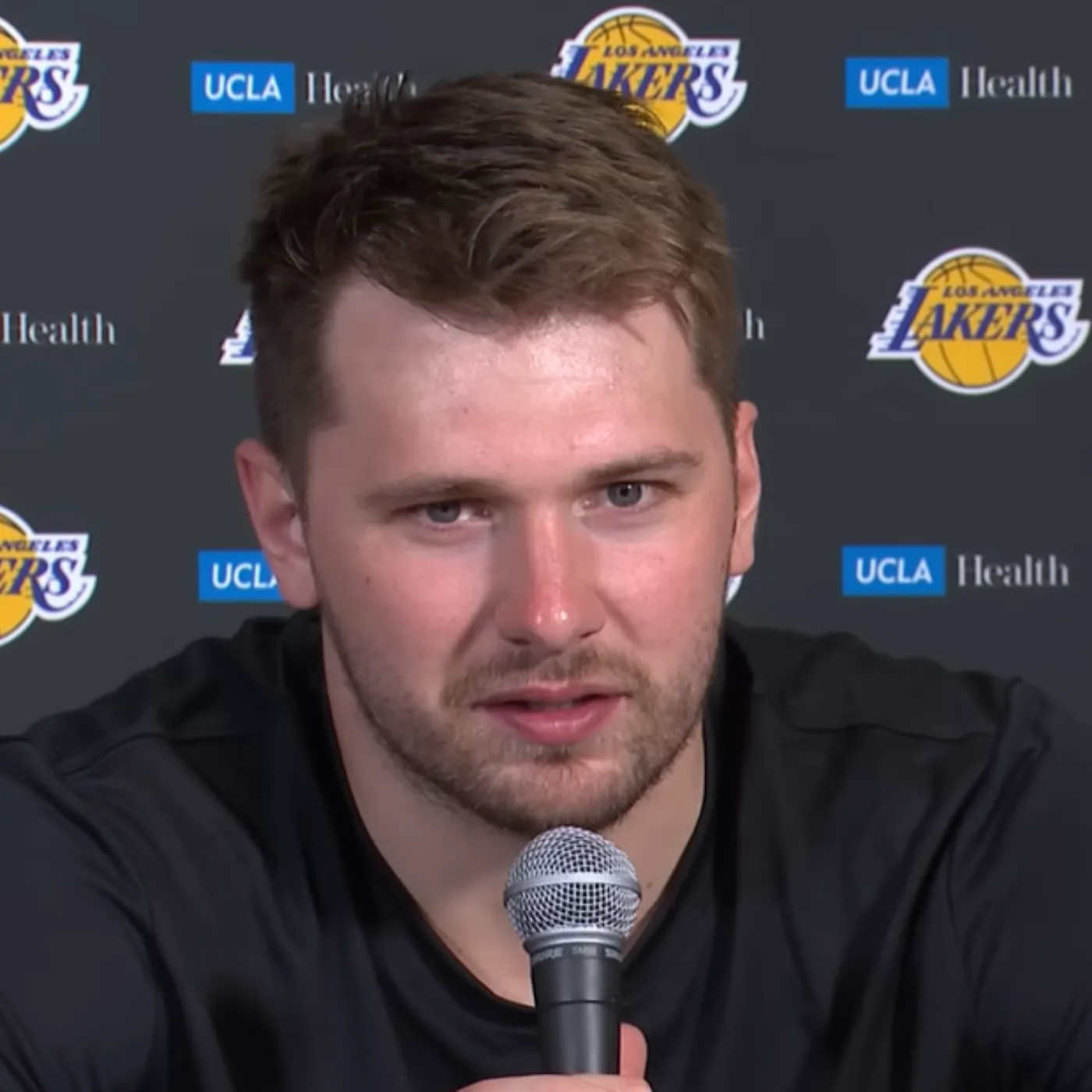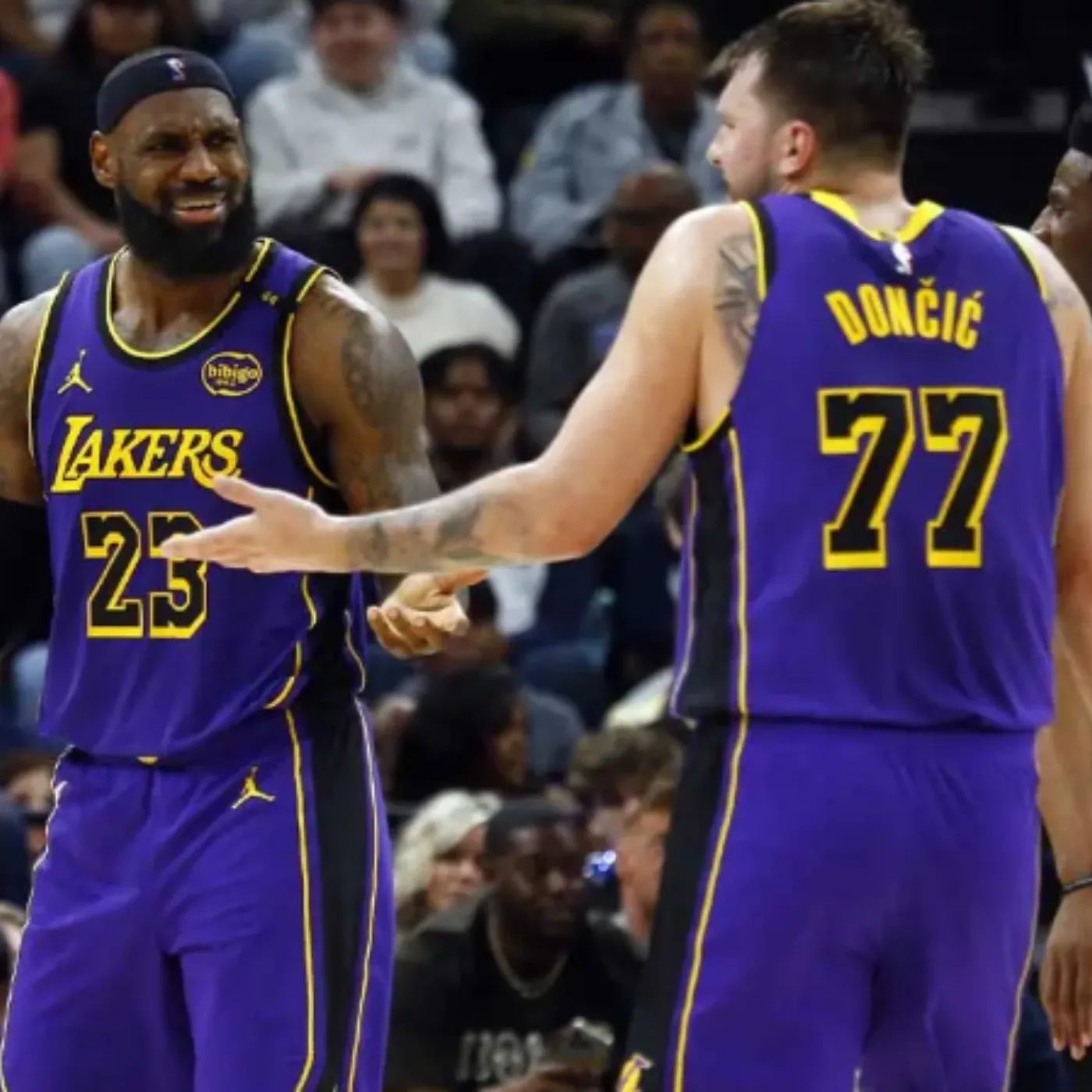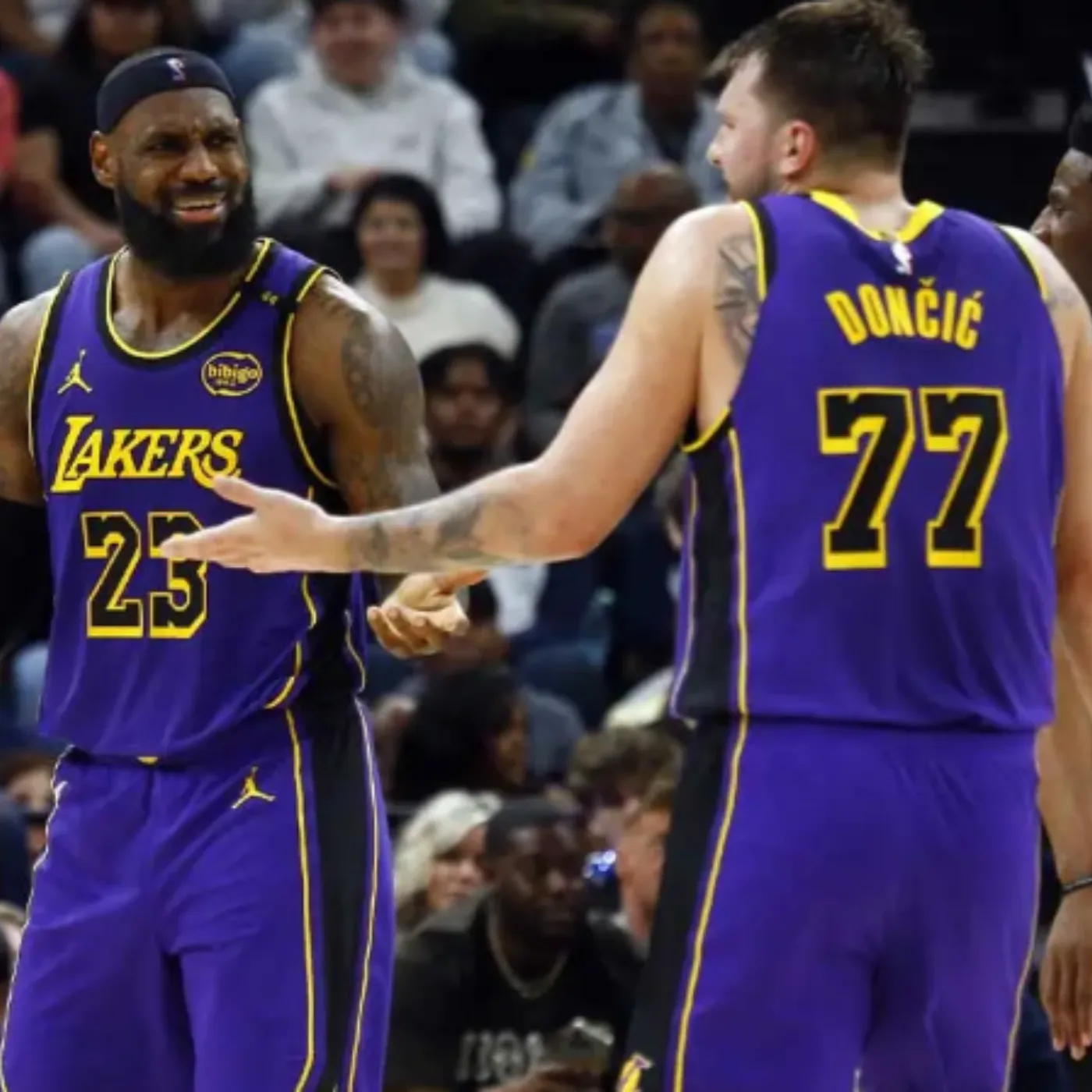
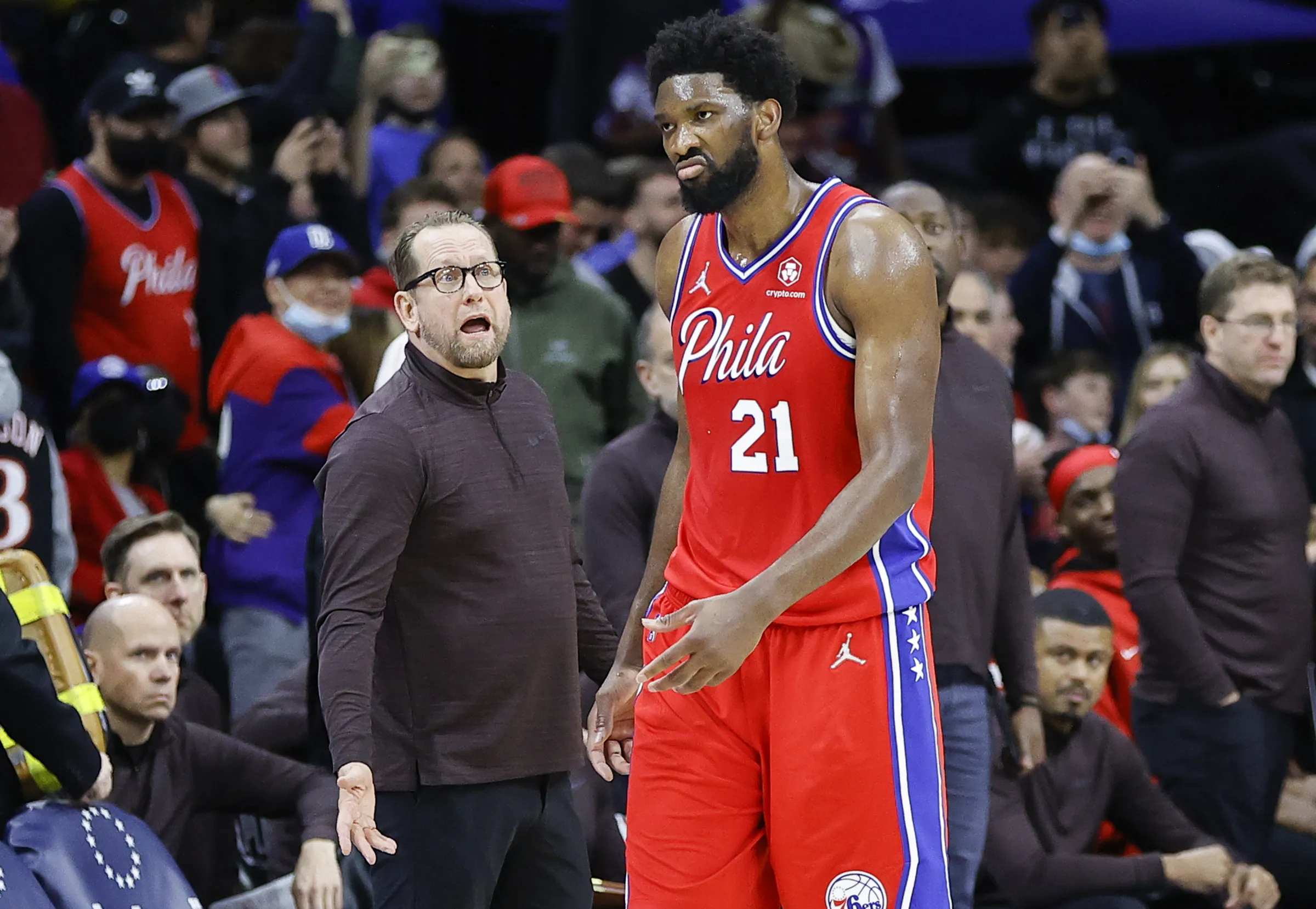
Joel Embiid: The King of Comedy on Social Media – But Turns Out to Be the ‘Drama King’ Everyone Hates on the Court?
When fans think of Joel Embiid, two very different images come to mind. Off the court, he is one of the most entertaining personalities in the NBA – the “king of jokes” on social media, the guy who can make millions laugh with just one tweet, and a superstar who embraces memes better than anyone else. On the court, however, the narrative flips completely. Embiid is constantly criticized for complaining too much, whether it’s to referees, about fouls, or regarding his teammates. This duality—a comedian on Twitter, but a constant protester on the hardwood—has fueled one of the most fascinating reputations in modern basketball.
This article dives deep into Embiid’s public persona versus his playing persona, explores how this contradiction shapes his brand, legacy, and fan perception, and asks the ultimate question: Can the same player be both the NBA’s most lovable star and its most infamous complainer?
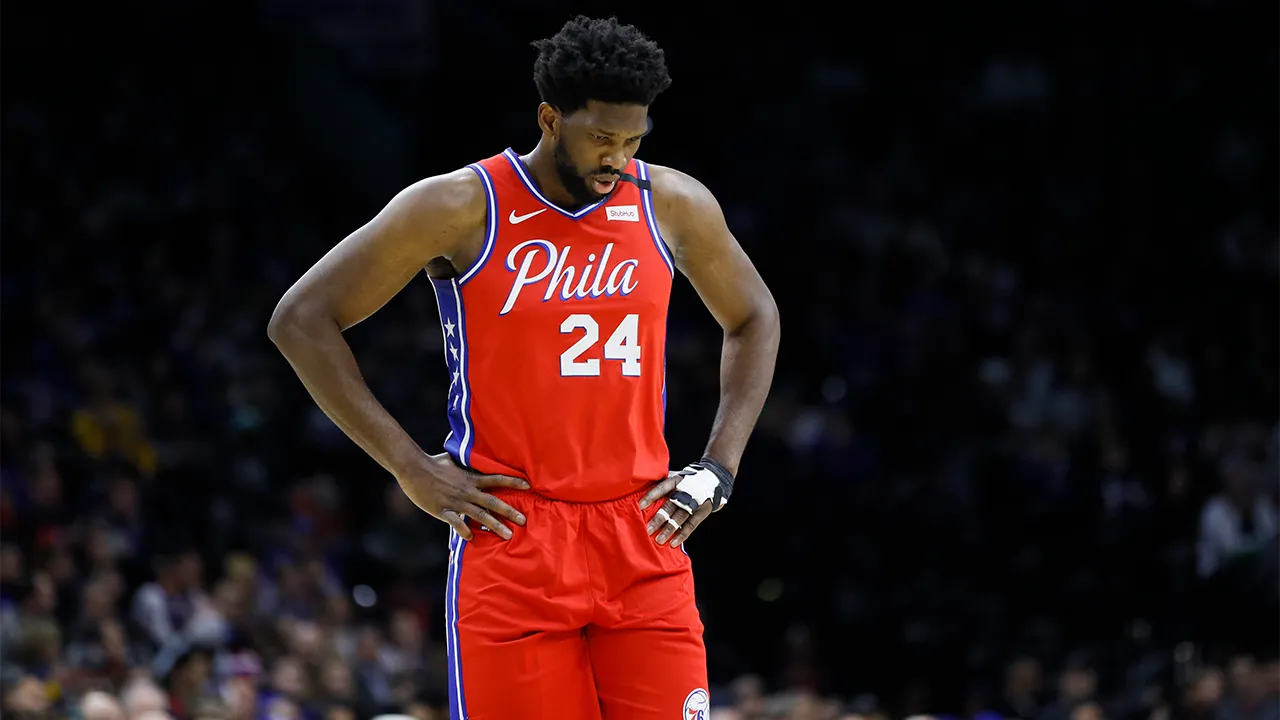
Section 1 – The Social Media Superstar
Long before Embiid became the reigning NBA MVP, he had already cemented himself as a social media phenomenon. Unlike many athletes who outsource their online voice to PR teams, Embiid handles his own Twitter (now X) account. He jokes, trolls opponents, engages with fans, and never shies away from making fun of himself.
From mocking his own missed dunks to posting hilarious memes after a playoff loss, Embiid has turned social media into his playground. Fans don’t just follow him for updates—they follow him for entertainment. When he tweets, sports blogs pick it up instantly, and within minutes, his words trend worldwide.
It’s this authentic humor that makes him so relatable. He’s not afraid to show personality, unlike many stars who carefully curate their image. Embiid’s online persona is charismatic, light-hearted, and easy to love. He has become a case study in how athletes can use Twitter humor as a weapon to stay relevant, even beyond the game itself.
But here’s where the paradox begins: the Joel Embiid you see online feels like the polar opposite of the Joel Embiid you see on the floor.
Section 2 – The Complaints That Overshadow His Dominance
On the hardwood, Embiid is a force of nature: a seven-foot scoring machine, an MVP, and arguably the most dominant center of his generation. But instead of celebrating his greatness, fans and analysts often attach one label to his name: complainer.
Game after game, Embiid is seen waving his arms at referees, arguing calls, or exaggerating contact. Critics accuse him of being too focused on fouls instead of the game itself. In fact, opposing fans joke that Embiid spends “more time at the free-throw line than in the paint,” a reference to his league-leading free throw attempts.
This reputation hasn’t gone unnoticed by media outlets. Analysts on ESPN and FS1 frequently debate whether Embiid’s tendency to “play the victim” hurts his credibility as a leader. Rival fans have nicknamed him “the King of Whining,” creating viral compilations of his complaints during games.
The irony? While he’s cracking jokes on Twitter and making people laugh, he’s simultaneously being roasted as the NBA’s most negative presence during live action. This stark contrast fuels an ongoing narrative: is Embiid a misunderstood competitor or truly the league’s most notorious whiner?
Section 3 – Why the Contrast Works (and Hurts)
The clash between Embiid’s humor and complaints is exactly why he remains one of the most polarizing figures in basketball. On one hand, his comedic charm keeps fans invested in his journey. On the other, his constant appeals to referees frustrate viewers who just want to see him dominate.
From a branding perspective, this contradiction is both a blessing and a curse. It makes Embiid more interesting than most NBA stars—he’s not just another player scoring points, he’s a storyline factory. Whether fans love or hate him, they’re always talking about him. That attention translates into engagement, merchandise sales, and headlines.
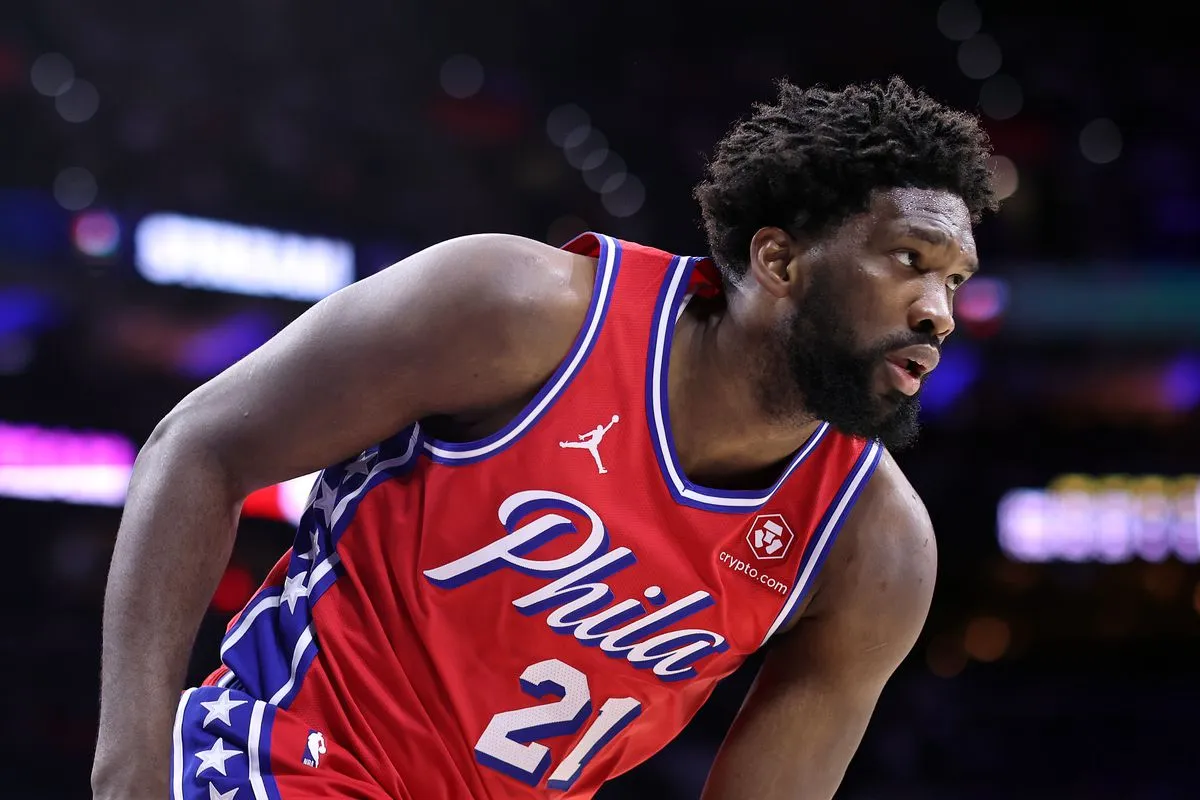
But when it comes to legacy, the complaints could overshadow his achievements. Every great player leaves behind a certain image: Michael Jordan as the relentless winner, Shaquille O’Neal as the unstoppable force, Tim Duncan as the quiet fundamentalist. For Embiid, the risk is that his legacy will be remembered less for his MVP performances and more for his tendency to argue.
Section 4 – The Psychology Behind Embiid’s On-Court Complaints
Why does Embiid complain so much? Experts suggest several reasons. First, as one of the most foul-drawing players in the NBA, his style of play naturally invites contact and controversy. When you live at the free-throw line, disputes with referees become inevitable.
Second, his personality—confident, bold, and outspoken—translates differently on the floor. What feels like playful humor online can become fiery passion in the heat of competition. Embiid himself has admitted that he’s highly emotional, and those emotions often spill out in real-time reactions to officiating.
Third, complaining isn’t just emotional—it’s also strategic. Many stars, from LeBron James to Chris Paul, lobby referees constantly. It’s a way of influencing future calls and protecting their advantage. The difference with Embiid is that he does it so frequently and visibly that it has become a defining part of his public identity.
Section 5 – Fans React: Love and Frustration
The fanbase is split. Philadelphia 76ers fans defend him, saying he’s simply standing up for himself as a target of constant physical play. They argue that Embiid takes more hits than any other star and deserves the whistle he gets.
But neutral and rival fans see it differently. To them, Embiid’s theatrics are exhausting. Social media often lights up with comments like: “He’s too good to cry this much” or “Imagine being MVP and still acting like the refs owe you everything.” These posts get thousands of likes, proving how widespread the frustration is.
Ironically, the same fans who laugh at Embiid’s jokes online will boo him on the court for complaining. This creates one of the most fascinating fan-athlete dynamics in the NBA today: simultaneous love and disdain for the same man.
Section 6 – What This Means for His Legacy
If Embiid retired today, how would he be remembered? Would fans focus on his MVP award, scoring titles, and dominance? Or would the narrative be that he was the funniest man online but the biggest complainer in games?
Legacy in the NBA isn’t just about stats—it’s about perception. And right now, Embiid’s perception is split right down the middle. That duality makes him memorable, but it could also keep him from being fully embraced as an all-time great.
If he can win a championship, much of the criticism will fade. Winning covers everything. But until then, every foul, every protest, and every referee argument will continue to define him just as much as his highlights.
Section 7 – The Viral Impact: Why Embiid Is Perfect for Today’s NBA
In the end, Joel Embiid represents the modern NBA superstar better than anyone else. He is a brand, a personality, and a storyline generator. He keeps fans glued to both their TV screens and their Twitter feeds. He makes people laugh, he makes them angry, and he makes them talk.
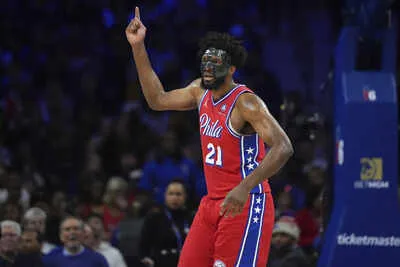
That’s exactly what the NBA wants in its stars: relevance everywhere. Whether fans are debating his foul calls or retweeting his memes, they are keeping Embiid at the center of the conversation.
And maybe that’s the ultimate trick. Maybe Embiid knows exactly what he’s doing. Maybe being both the funniest man online and the biggest complainer on the floor isn’t a contradiction—it’s a strategy. It ensures that he never disappears from the spotlight, no matter what happens in the standings.
Conclusion – The Question That Won’t Go Away
So here’s the real question: Who is the real Joel Embiid? Is he the lovable joker who trolls opponents with witty tweets, or the frustrated superstar who never seems satisfied with the whistle? The truth is that he’s both—and that’s why he’s impossible to ignore.
Fans may never agree on whether Embiid is more comedian or complainer. But one thing is certain: he’s one of the most fascinating, polarizing, and viral players the NBA has ever seen.
The king of Twitter jokes. The master of complaints. The MVP who divides the basketball world. That’s Joel Embiid—love him or hate him, you can’t stop talking about him.








